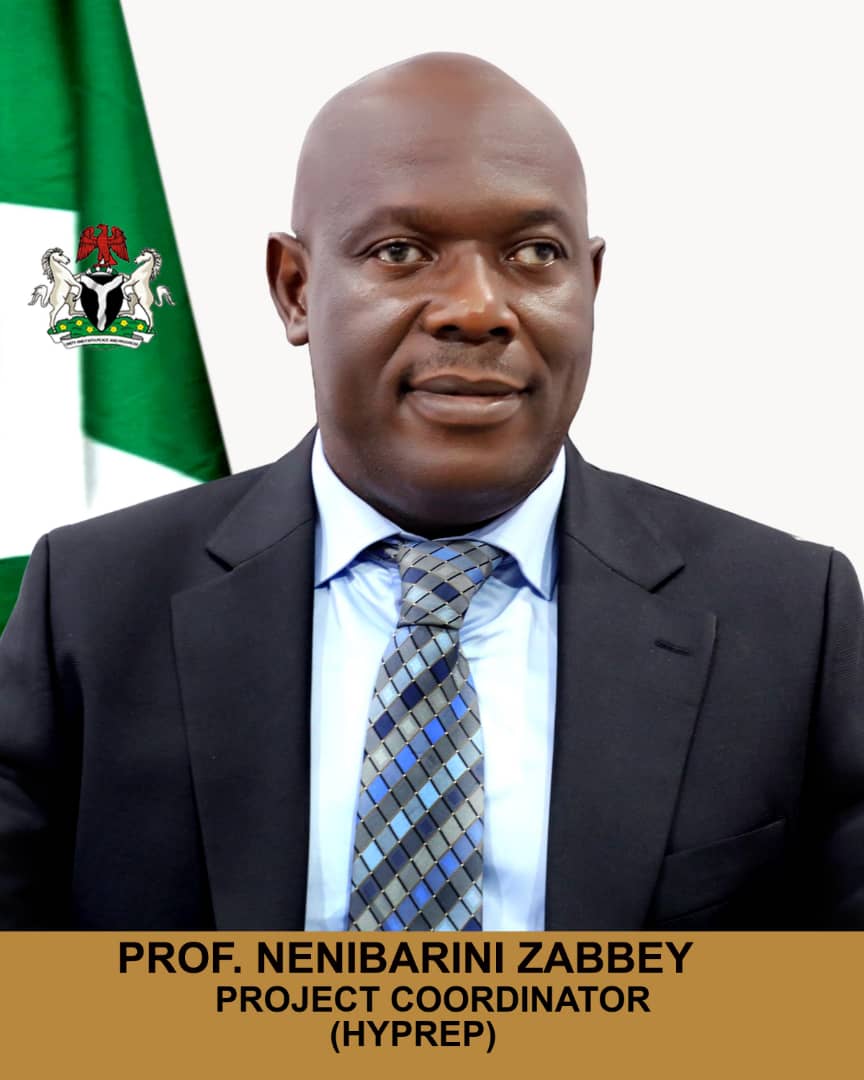By: Felix Ikpotor
The Hydrocarbon Pollution Remediation Project (HYPREP) has restated the role of Ogoni traditional rulers in promoting peace for the success of the ongoing environmental remediation exercise in their communities.
This is as the agency has trained traditional rulers from the area on alternative disputes techniques.
Speaking a workshop on Mechanism for Alternative Dispute Resolution and Peacebuilding Techniques, held in Port Harcourt, Rivers State, Project Coordinator of HYPREP, Prof. Nenibarini Zabbey, said without peace the project can’t achieve it core objectives of remediating oil impacted sites in Ogoniland and restoring their source of livelihoods.
He said: “Peace is the foundation upon which all other development initiatives will thrive. As peace ambassadors, your role is to ensure that dialogue, rather than conflict, becomes the cornerstone of interactions within and between Ogoni communities.”
Zabbey while highlighting the significance of the workshop, noted that HYPREP’s success relies heavily on the level of peace, unity, and support among the Ogoni people.
He said that the workshop is to equip Ogoni traditional rulers and stakeholders with tools for creating an atmosphere of peace and understanding, fostering collaboration and support for HYPREP’s efforts, and promoting alternative dispute resolution mechanisms in the area.
The HYPREP PC emphasized the critical role of traditional rulers in promoting peace and environmental remediation, noting that as traditional rulers and community leaders, their influence is crucial in ensuring that all stakeholders are aligned with HYPREP’s objectives.
Zabbey noted that several challenges have been hindering HYPREP’s progress, including factionalization of community-based groups, sustained pressure for recognition, community leadership tussles, restricted access to sites due to disputes, and malicious spreading of misinformation through various media platforms.
He further urged traditional rulers to build bridges of understanding to address challenges within their jurisdiction, champion the cause of environmental remediation, promote peace, reconciliation, and dialogue, and fully participate in the workshop and support HYPREP’s efforts.
He said “The Ogoni people have a rich history of advocacy, and today, HYPREP stands as a testament to your resilience. Our shared responsibility is to ensure that these efforts are not in vain. For this to happen, peace must be a priority.You can mediate conflicts, unite divided factions, build bridges for progress, and encourage dialogue among all parties in the public interest.”
Also speaking, Prof Martin Ifeanancho, Director of the Centre for Peace and Security Studies at the University of Port Harcourt, facilitators of the trainning, said the trainning would help to promote peacebuilding and sustainable techniques in Ogoniland.
He added that the partnership aimed to utilize Alternative Dispute Resolution (ADR) mechanisms to resolve conflicts and promote lasting peace in the area.
“We recognize that any project, no matter how well-intentioned, will fail to achieve its objectives if there is no peace and security. That’s why we’re emphasizing the importance of ADR, which focuses on mediation and negotiation to achieve a win-win situation.”
Ifeanancho explained further that traditional court systems often declare winners and losers, leading to unresolved conflicts and resentment, while in contrast, ADR promotes mutual understanding and cooperation.
“The peace obtained through ADR is lasting because it addresses the underlying issues and involves all parties in finding a solution,” he noted.
The partnership is part of the Centre’s mandate from the National Universities Commission (NUC) to provide intellectual solutions to local problems. By working with HYPREP, the Centre aims to extend its expertise to Ogoniland and contribute to the region’s development.
“This collaboration demonstrates our commitment to using our academic expertise to address real-world challenges,” Ifeanancho said.

